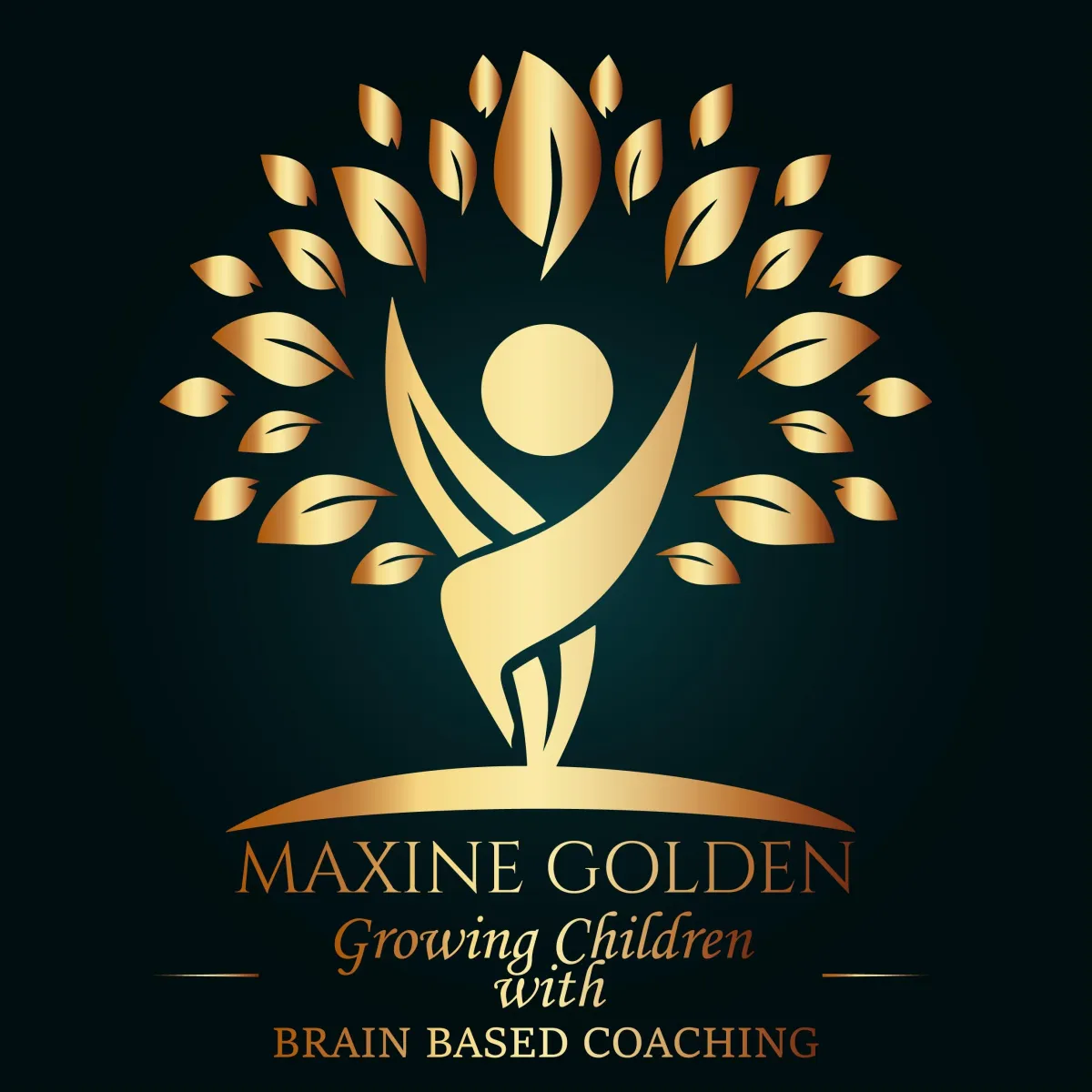Using Scientific & Biblical Principles.
BRAIN BASED COACHING™

Brain Based Coaching
Grow Your Children The Right Way
So that they can think and do for themselves
Connect with Your Child
Connecting with your child is one of the most rewarding aspects of parenting to help you strengthen your bond and build a deeper connection with your child
Trust
Trust is essential because it helps us feel safe and happy. When we trust others, we can work together and have fun. Trust can take time to build, but it's worth it because it strengthens our relationships.
Authentic Parenting
Authentic parenting is about being true to yourself as a parent, while also being responsive to your child's needs. It involves being aware of your own values, emotions, and triggers, and using that awareness to guide your parenting decisions.
Coaches, Consultants, Parents
"Embracing authenticity in your work as a coach, consultant, or parent coach creates a genuine and supportive space for clients to explore their own authenticity and deepen connections with others."
"You've been trying to become a better parent but are still stuck in negative cycles and patterns"
You've been trying to be you for years but are still stuck in knowing how to become a calmer parent?
Tell me if any of this resonates with you...

You have said that it is time for change in your approach to parenting?
Brain-based parenting is a revolutionary approach that can transform your relationship with your child. By understanding the neuroscience behind human behavior, you can parent with empathy, compassion, and intentionality, fostering meaningful connections and promoting healthy development in your child

You know love is at the heart of parenting, driving us to nurture, protect, and support our children as they navigate the world.
Ultimately, the best approach is one that is based on love, understanding, and respect for your child as an individual. By staying attuned to your child's needs and responding with empathy and compassion, you can create a strong and healthy parent-child relationship that will last a lifetime.

You want to change your parenting style but you dont know where to begin?
Changing your parenting style can feel like a daunting task, but it's important to remember that it's never too late to make positive changes. Here are some steps you can take to begin the process:
If you said “yes” to any of the above, then you’re in the right place!
Parental Warning: Beware of Inauthenticity
It's important to recognize that being inauthentic in your parenting approach can have serious consequences. Your children are perceptive and can sense when you're not being genuine, which can impact your relationship with them and their development.
If you are a little bit like me the following may help you to get started...
Reflect on Your Current Style: Take some time to think about your current parenting style and what aspects you would like to change.
Consider how your style may be impacting your child and your relationship with them.
Identify Areas for Improvement: Identify specific areas of your parenting that you would like to change. This could be related to communication, discipline, involvement, or any other aspect of your parenting style.
Set Clear Goals: Set clear and achievable goals for yourself. Identify what you want to achieve with your new parenting style and how you plan to get there. Stay committed to your goals and keep moving forward
Educate Yourself: Take the time to educate yourself about different parenting styles and techniques. Consider reading books, attending parenting workshops, or seeking advice from trusted sources.
Seek Support: Changing your parenting style can be challenging, so it's important to seek support from your partner, friends, family, or a therapist. They can offer advice, encouragement, and perspective as you navigate this process.
Practice Patience and Persistence: Changing your parenting style is a process that takes time and effort. Be patient with yourself and your child, and don't be discouraged by setbacks.
Evaluate and Adjust: Periodically evaluate how your new parenting style is working and be willing to adjust your approach as needed. Parenting is a dynamic process, and what works for one child may not work for another.
Brain Based Parenting
Connecting with your child is one of the most rewarding aspects of parenting. Here are some tips to help you strengthen your bond and build a deeper connection with your child:
1. Quality Time: Spend meaningful time together doing activities you both enjoy. Whether it's playing games, going for a walk, or reading together, the key is to be fully present and engaged.
2. Active Listening: Practice active listening when your child talks to you. Give them your full attention, maintain eye contact, and show empathy by acknowledging their feelings.
3. Open Communication: Create a safe and open environment where your child feels comfortable sharing their thoughts and feelings. Encourage them to express themselves and listen without judgment.
4. Empathy and Understanding: Try to see things from your child's perspective. Validate their feelings and show empathy, even if you don't agree with their point of view.
5. Quality over Quantity: It's not just about the amount of time you spend with your child, but the quality of that time. Make the most of the moments you have together by being present and engaged.
6. Celebrate Achievements: Acknowledge and celebrate your child's achievements, no matter how big or small. This helps build their confidence and strengthens your bond.
7. Create Rituals: Establishing rituals or routines can create a sense of stability and closeness. Whether it's a weekly movie night or a bedtime story, these rituals can become cherished traditions.
8. Be Authentic: Be yourself and let your child see the real you. Share your interests, values, and beliefs with them, and encourage them to do the same.
9. Respect Their Independence: Allow your child the freedom to explore and make their own decisions. Respect their growing independence while offering guidance and support when needed.
10. Show Unconditional Love: Above all, let your child know that you love them unconditionally. Your love and support are the foundation of your relationship and will help nurture a strong and lasting bond.
How to be a Brain Based Parent!
Your Brain
Brain Based Parenting is learning to understand how your child's brain develops and functions. This approach emphasizes empathy, compassion, and intentionality in your parenting style. It involves being mindful of how your own actions and behavior impact your child's brain development.
Parent Development
Emotional intelligence plays a crucial role in parenting, by developing emotional intelligence, you can build empathy and improve communication with your child, creating a stronger bond and promoting their emotional well-being.
Authentically You
Becoming authentically you means living in alignment with your true self. It involves embracing your unique qualities, values, and beliefs and expressing them genuinely in your actions and interactions.
Trust Based Parenting
Trust-based parenting is an approach that focuses on building a strong foundation of trust between parent and child. It is based on the belief that trust is essential for healthy development and a positive parent-child relationship.
Parenting for Life
Central to the concept of Parenting for Life is the idea that parenting is a continual process of learning and growth. Parents are encouraged to seek out resources, support, and guidance to help them navigate the challenges of parenting at every stage of their children's lives.
Born to Connect
Attachment theory underscores the profound impact of early caregiver-child relationships on shaping emotional development and relational patterns throughout life, highlighting the critical role of responsive, nurturing caregiving in fostering secure attachments and healthy development.
TESTIMONIALS
Our Client Testimonials
"Brain-based parenting has been a game-changer for our family. Understanding the neuroscience behind our children's behavior has allowed us to parent with empathy, compassion, and intentionality. By focusing on building secure attachments and teaching emotional regulation, we've seen a remarkable difference in our children's confidence, resilience, and overall well-being. Brain-based parenting has not only strengthened our bond with our children but has also helped us grow as individuals. It's truly transformative."

Mark
"Discovering brain-based parenting has been a revelation for me. It's helped me understand my child's behavior on a whole new level, leading to more empathetic and effective responses. By applying neuroscience principles, I've learned to regulate my own emotions better, creating a calmer and more nurturing environment for my child. The impact has been profound, strengthening our relationship and helping us both grow and learn together. I can't recommend brain-based parenting enough for any parent looking to deepen their connection with their child."

Karen
